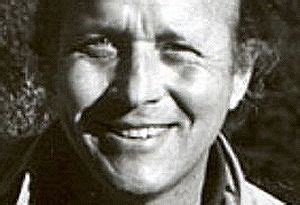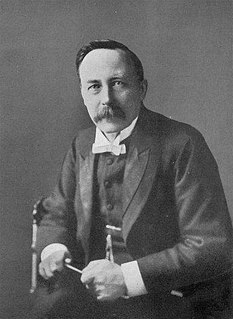A Quote by Ludwig Wittgenstein
Related Quotes
To fear death, my friends, is only to think ourselves wise, without being wise: for it is to think that we know what we do not know. For anything that men can tell, death may be the greatest good that can happen to them: but they fear it as if they knew quite well that it was the greatest of evils. And what is this but that shameful ignorance of thinking that we know what we do not know?
This Advent we look to the Wise Men to teach us where to focus our attention. We set our sights on things above, where God is. We draw closer to Jesus... When our Advent journey ends, and we reach the place where Jesus resides in Bethlehem, may we, like the Wise Men, fall on our knees and adore him as our true and only King.
It is ignorance that is at times incomprehensible to the wise; for instance, he may not see 'the positive person' or 'the negative person' in a black and white way as many people do. A wise man may not understand it because, as a catalyst of wisdom, but not wise in his own eyes, even he can learn from and give back to fools. To think that an individual has absolutely nothing to offer to the table is counter-intuitively what the wise man considers to be 'the ignorance of hopelessness'.
No man is so foolish but may give another good counsel sometimes; and no man is so wise, but may easily err, if he will take no others counsel but his own. But very few men are wise by their own counsel; or learned by their own teaching. For he that was only taught by himself had a fool to his master.
We find nothing easier than being wise, patient, superior. We drip with the oil of forbearance and sympathy, we are absurdly just, we forgive everything. For that very reason we ought to discipline ourselves a little; for that very reason we ought to cultivate a little emotion, a little emotional vice, from time to time. It may be hard for us; and among ourselves we may perhaps laugh at the appearance we thus present. But what of that! We no longer have any other mode of self-overcoming available to us: this is our asceticism, our penance.
The greatest element in life is not what occupies most of its time, else sleep would stand high in the scale. Nor is it what engrosses most of its thought, else money would be very high. The two or three hours of worship and preaching weekly has perhaps been the greatest signal influence on English life. Half an hour of prayer, morning or evening, every day, may be a greater element in shaping our course than all our conduct and all our thought.






































